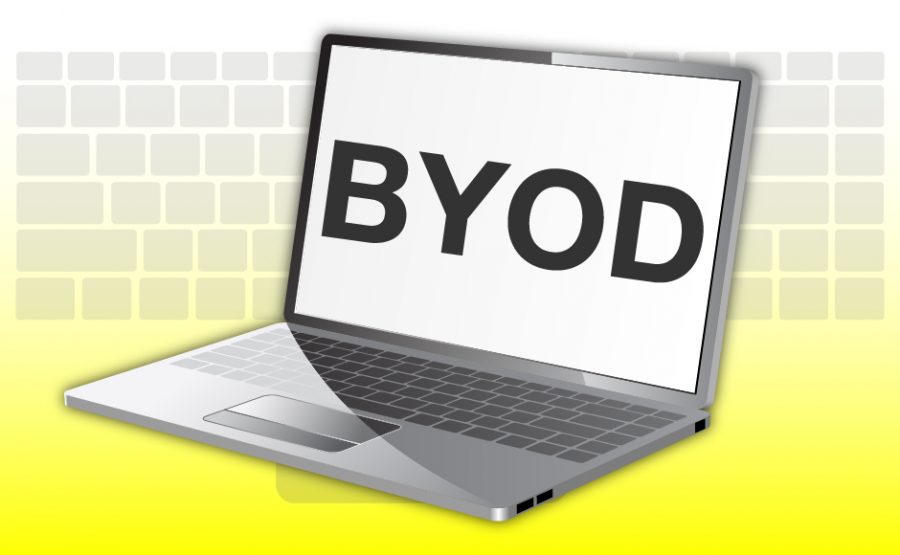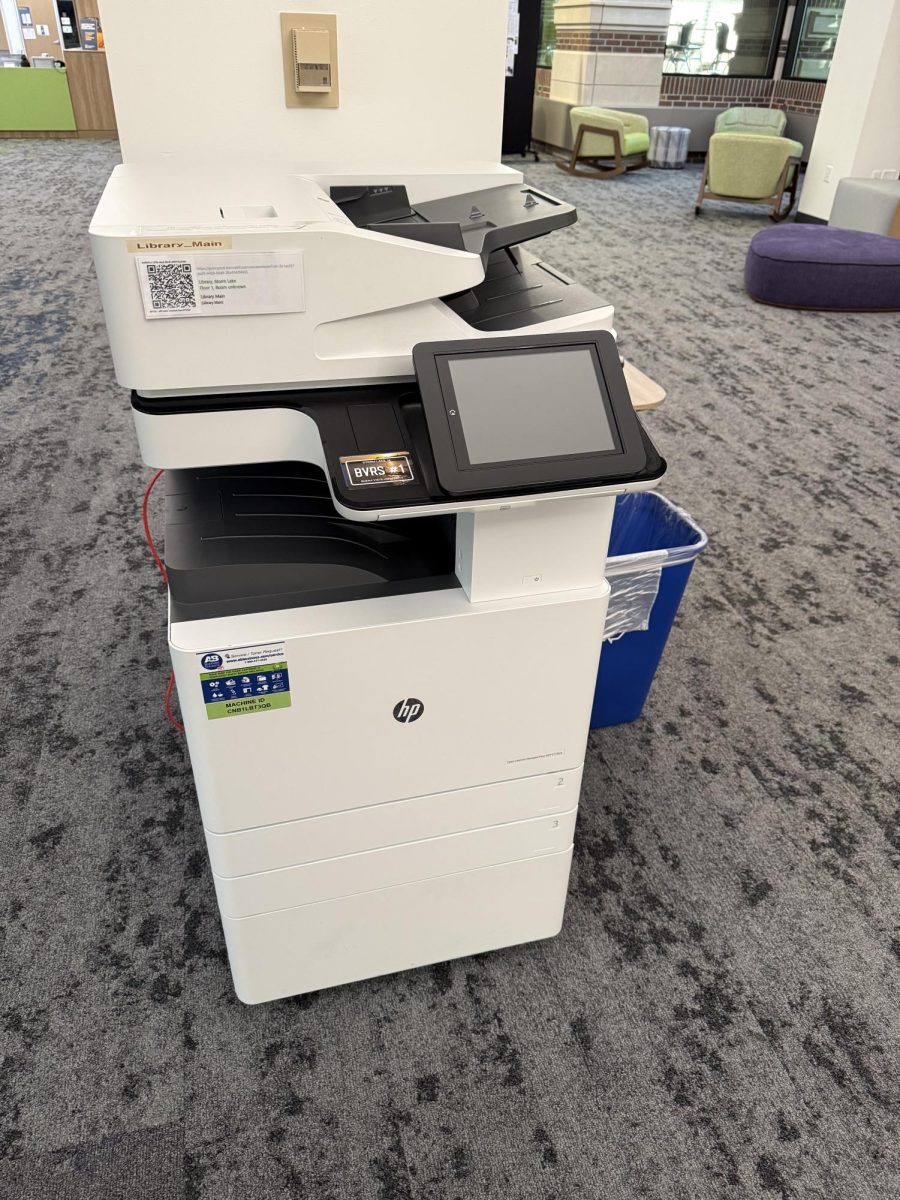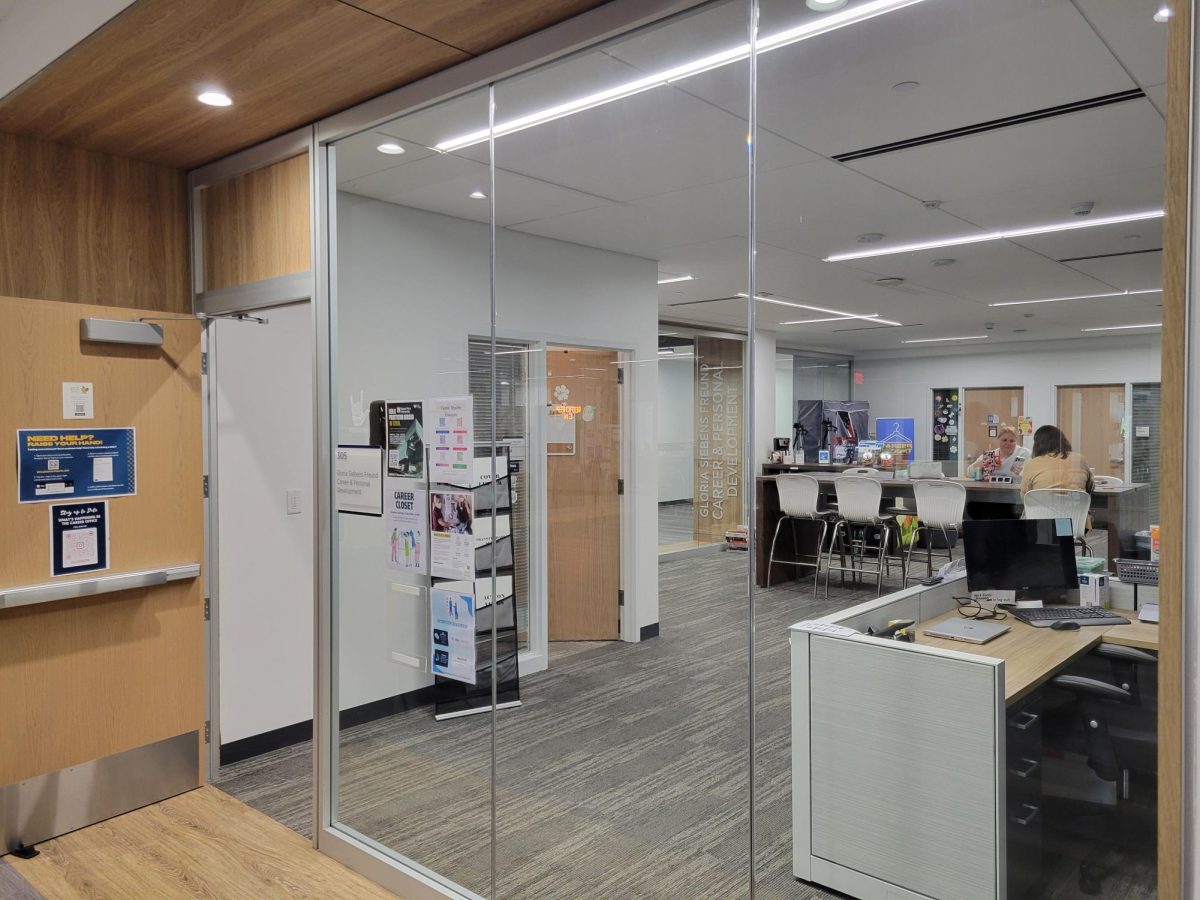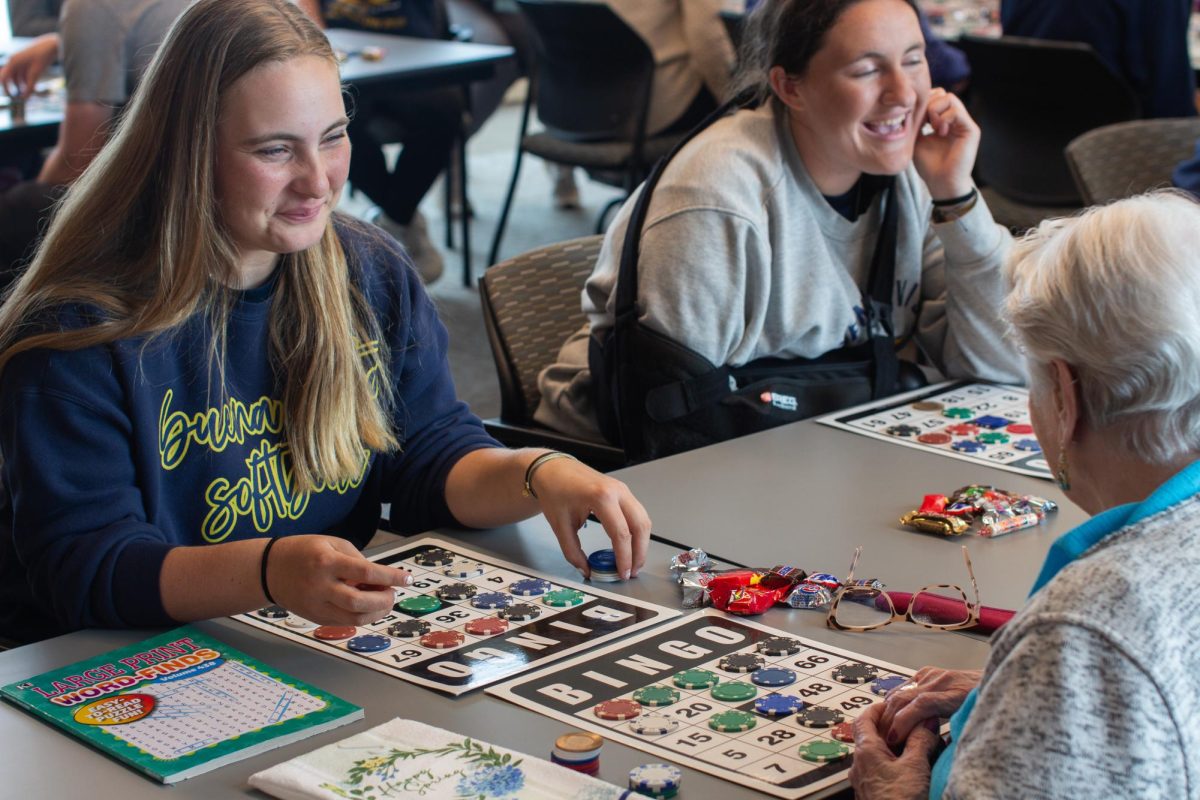Meghan Harmening | Opinion Editor
Just before winter break, Buena Vista University (BVU) released news confirming its Bring Your Own Device (BYOD) program for the fall of 2014. Each current student will have the opportunity to either receive a $550 stipend towards purchasing their own device or may choose to keep their current BVU-issued laptop. Every student must notify the Business Office of their choice by April 17, 2014.
For many students it will come down to the money on whether or not they will opt for the $550 stipend or choose to keep their current laptop. Sophomore Ethan Peck says finances will be the deciding factor for him.
“The stereotype of college students being poor isn’t there for nothing,” Peck said. “A lot of people coming in can’t afford it. And a lot of people already at BVU aren’t going to be able to afford one.”
According to Vice President of Academic Affairs and Dean of Faculty Dr. David Evans, this implementation plan was the result of consultation with various campus constituencies.
“We presented the initial idea to the board, got their feedback, and between then and December we refined it based on what we heard from the students we consulted with. All of that got folded into what we took to the board in December,” Evans said.
The Board then voted and the announcement was made just before students left for winter break.
Pat Lepore, BVU’s new Chief Informational Officer, says that to help the students in choosing a laptop, BVU will be holding a “Hands-On Laptop Lab.” Several days prior to April 17, 2014, BVU will bring in vendors so students can “test-drive” different laptop models. Laptops may be purchased at the Laptop Lab as a convenience to the student or students can choose to purchase on their own. As more details come out about the Laptop Lab, BVU will notify students.
If students choose to purchase their own laptop, 2FIX will be available to help install Microsoft Office for all full-time students. 2FIX will also be available to aid any student who may need help during the conversion process.
Students who elect to participate in the BYOD program must turn in their BVU-issued laptop by September 22, 2014. Stipends will be distributed after all laptops have been returned and receipts that indicate proof of a new laptop purchase have been turned in.
According to Evans, overall, the university is spending roughly the same amount on the BYOD program as it would have had it issued another round of laptops. The difference this time, is that it is a one-time expense. After the stipends are paid out, the money that was used in the past for BVU-issued laptops will stay in technology. Evans says this means refreshing and updating classroom technology such as projectors, SmartBoards, and extra bandwidth. One other technology update will be replacing Angel and CampusConnect with new service providers. These are just a few of the updates students will be able to see in the next few years.
The new program will also mean changes to how 2FIX functions, with the service desk supporting more but not all models. The kinds of laptops that will still be serviced by 2FIX has not yet been announced.
2FIX employee and sophomore, Zachary Schmidt, says, “As a 2FIX employee, I think the biggest thing that I personally worry about is the fact that we now are going to be expected to support the variety that people are going to bring, new training, and then having to turn away students. A lot of things are going to change.”
2FIX will still be able to help with software, the new learning management system, and other related issues.
Some students are supportive of the new BYOD initiative, especially because some already own their own laptops or now will be able to purchase the exact kind their education may require.
“It’s a chance for students to get exactly what they want from their computer, with a $550 stipend to help fund it. It’s a lot more than other schools give students,” said sophomore Miranda Wallace.
But others are concerned about the decision.
“I haven’t talked to hardly anyone who is excited that the laptops are being taken away,” Peck said. “It seemed that when the Board of Trustees ‘surveyed’ the students, it seems like they didn’t get a very representative sample. When the e-mail went out, the outrage among students was immediate and pretty universal. Not everybody is going to be able to afford a new laptop even if with the stipend and especially since you have to go buy it first and then get the stipend.”
Evans understands that some students may be frustrated with the change, but he notes that change is part of staying relevant as a university.
“Students tend to want their institution to be exactly how it was when they got there. More and more students already have their own laptop. They’re getting ones that are better than the ones we were issuing. Everyone who is here now should end up with a pretty sweet deal,” Evans said. “Yes, it is a change, but it’s a change that is going to have virtually no negative impact and potentially some pretty positive ones.”
Graphic by Aaron Burns









